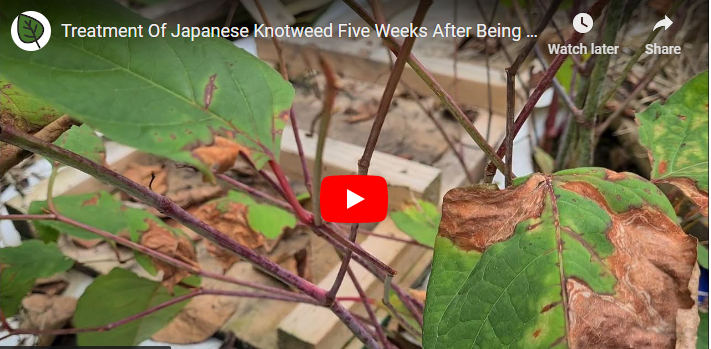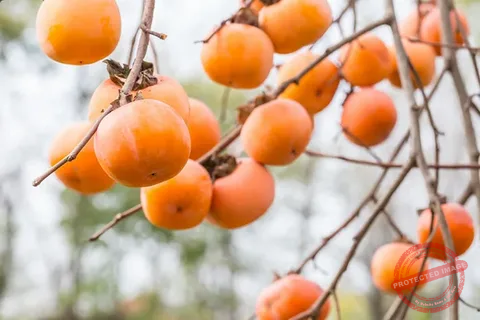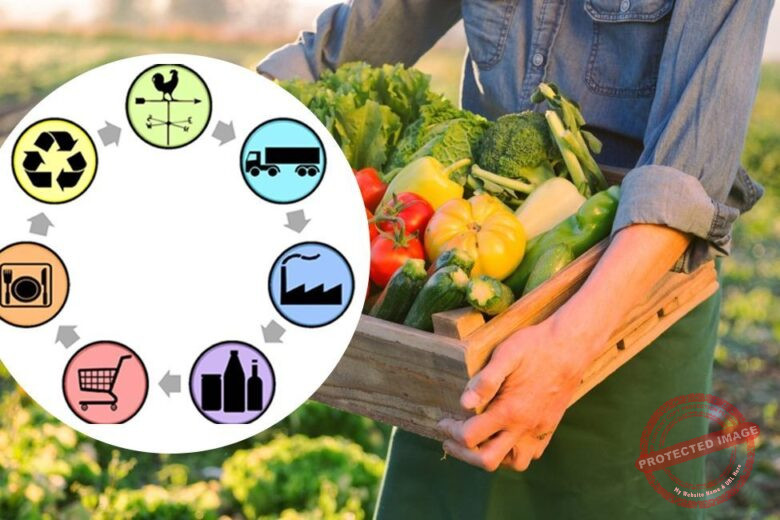Starting an organic farming venture in the UAE can be a rewarding but challenging endeavor due to the country’s arid climate and limited arable land.
However, with the right approach and careful planning, it is possible. Here’s a step-by-step guide to help you get started:
[Beginner’s Guide] How To Start Organic Farming In UAE Step By Step Guide
Step 1: Research and Education:
Begin by researching organic farming practices, especially those suitable for arid regions like the UAE. Consider taking courses or attending workshops on organic farming techniques.
Learn about local regulations and requirements for organic farming, including certification processes.
Step 2: Site Selection:
Choose a suitable location for your organic farm. Look for areas with access to water resources, as irrigation will be critical in the arid climate.
Ensure the soil quality is suitable for organic farming. Conduct soil tests to determine its composition and any necessary amendments.
Step 3: Create a Business Plan:
Develop a comprehensive business plan that outlines your goals, budget, and projected expenses and income. This plan should also detail your marketing strategy.
Step 4: Secure Funding:
Determine how much capital you’ll need to start your organic farm and secure funding through personal savings, loans, grants, or investors.
Step 5: Legal Requirements:
Register your farm as a business entity and obtain any necessary permits and licenses for farming operations in the UAE.
Step 6: Soil Preparation:
Improve the soil quality by adding organic matter such as compost, manure, and other natural soil conditioners.
Ensure proper soil drainage to prevent waterlogging.
Step 7: Crop Selection:
Choose crops that are well-suited to the UAE’s climate, such as dates, figs, tomatoes, and herbs.
Consider growing drought-resistant and heat-tolerant varieties.
Implement crop rotation and companion planting techniques to enhance soil fertility and reduce pests.
Step 8: Water Management:
Invest in an efficient irrigation system to optimize water usage. Drip irrigation or sprinkler systems can be effective in conserving water.
Implement water-saving practices, such as mulching and rainwater harvesting.
Step 9: Organic Pest and Disease Management:
Focus on preventive measures, such as maintaining healthy soil and using companion planting to deter pests.
Utilize organic pest control methods like neem oil, beneficial insects, and homemade remedies.
Organic Certification:
If you want to sell your produce as certified organic, you’ll need to adhere to organic farming standards and apply for certification through a recognized certifying body in the UAE.
Crop Maintenance:
Regularly monitor and care for your crops, including proper pruning, weeding, and providing adequate nutrition through organic fertilizers.
Harvesting and Post-Harvest Handling:
Harvest your crops at their peak ripeness for the best flavor and quality.
Implement proper post-harvest handling techniques to reduce waste and maintain freshness.
Marketing and Sales:
Develop a marketing strategy to sell your organic produce, which may include local markets, restaurants, and online sales.
Emphasize the health and environmental benefits of organic products in your marketing materials.
Record Keeping:
Maintain detailed records of your farming operations, including crop rotations, inputs used, and harvest yields. This is essential for organic certification and business management.
Continuous Learning:
Stay informed about the latest organic farming practices and innovations by attending workshops, conferences, and networking with other organic farmers.
How to Start Organic Farming in UAE Online:
Begin your organic farming journey in the UAE by researching organic farming techniques and practices through online resources, courses, and webinars.
Join online forums, social media groups, and communities related to organic farming in the UAE to connect with experienced farmers and gain insights.
Explore e-commerce platforms to source organic seeds, fertilizers, and tools for your farm.
Consider participating in virtual workshops and training programs offered by agricultural organizations in the UAE.
How to Start Organic Farming in UAE for Free:
While starting an organic farm may require some investment, you can reduce costs by:
Seeking government grants or subsidies for sustainable agriculture initiatives.
Collaborating with local agricultural organizations that may provide free training and resources.
Exploring partnerships with universities or research institutions that offer free guidance and support for organic farming.
How to Start a Farm in UAE:
Research and select a suitable location for your farm, considering factors like water availability and soil quality.
Register your farm as a business entity and obtain the necessary permits and licenses.
Secure funding through personal savings, loans, grants, or investors.
Acquire or lease the land and invest in essential equipment and infrastructure.
Develop a comprehensive business plan outlining your goals, budget, and marketing strategy.
Organic Farm Abu Dhabi:
Abu Dhabi, the capital of the UAE, offers opportunities for organic farming.
Research local agricultural regulations and incentives specific to Abu Dhabi.
Ensure your organic farm practices align with the guidelines set by the Abu Dhabi Agriculture and Food Safety Authority.
Organic Vegetables Dubai:
Organic vegetable farming in Dubai is gaining popularity due to increasing consumer demand for healthy produce.
Research suitable vegetable varieties that thrive in Dubai’s climate.
Focus on organic cultivation practices, including soil preparation, pest control, and organic fertilization.
Consider marketing your organic vegetables through local farmers’ markets and grocery stores.
Agriculture Business in UAE:
The agriculture business in the UAE offers opportunities for both conventional and organic farming.
Conduct a feasibility study to determine the profitability of your chosen agricultural venture.
Explore niche markets and value-added products, such as organic herbs or specialty crops, to differentiate your business.
Build relationships with potential buyers and distributors in the UAE’s agricultural sector.
Farm UAE:
Establishing a farm in the UAE involves careful planning and adaptation to the local climate.
Invest in modern irrigation systems to optimize water usage.
Explore sustainable farming practices to conserve resources and reduce environmental impact.
Consider diversifying your farm with multiple crops or livestock to mitigate risks and increase revenue streams.
Conclusion
Starting an organic farm in the UAE requires dedication, patience, and a commitment to sustainable agriculture. Be prepared to adapt to the challenges of the local climate and market conditions while maintaining your commitment to organic principles.



![How To Buy Farmland For Investment [Farmer’s Guide]](https://agrolearner.com/wp-content/uploads/2024/01/Farmland.jpg)